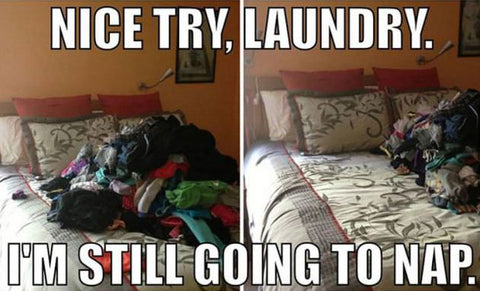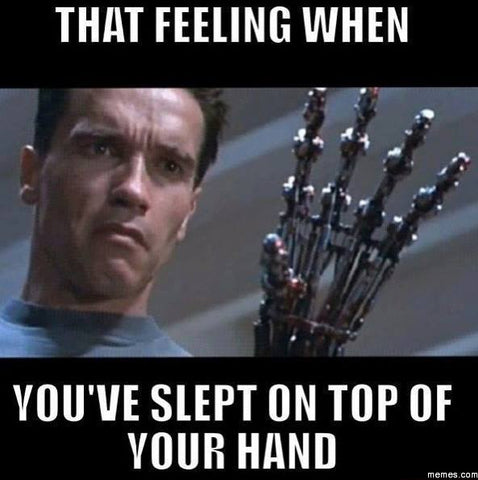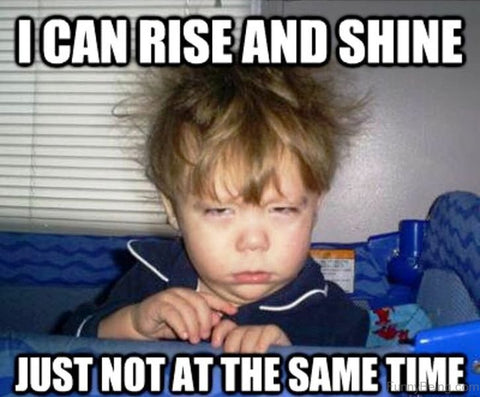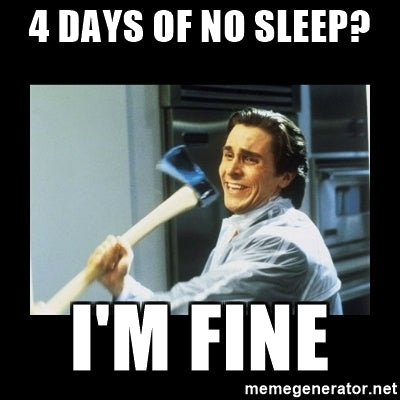You may think you just happen to always be tired or you’re just one of those people who can sleep anywhere at any time, but these are not random personality quirks, they’re actually symptoms of a serious health problem - sleep deprivation. Sleep deprivation is an issue that is not only serious, but extremely common. In fact, according to the U.S. Centers for Disease Control and Prevention, almost a third of American adults are sleep deprived. Here are 5 indicators that you may be suffering from sleep deprivation.
- It takes you a short period of time to fall asleep
It may seem like you’re one of the lucky ones, because while others toss and turn for 20+ minutes before drifting off to sleep, you’re out within 2 minutes of hitting your pillow. Although it can be nice to fall asleep quickly, the process is meant to take approximately 5 - 15 minutes. Falling asleep in less than 5 minutes is a sign that you may be sleep deprived.
- You have trouble staying awake during the day
This one is a bit of a no-brainer, if you’re having trouble staying awake during the day, it shouldn’t come as a surprise that you need more sleep. Although it may not seem like it at first, daytime drowsiness is one of the more dangerous symptoms of sleep deprivation as it can lead to drowsy driving.
- You are tired after waking up from a long rest
Ever wake up after sleeping for 8+ hours, yet still feel tired? This can happen for a couple different reasons. One reason may be that you didn’t get a deep enough sleep. The other reason may be that your body has incurred a sleep deficit over time and now requires more than the standard 8 hours of sleep in order to get back on track.
- You are moody/irritable throughout the day
Research has proven that sleep has a significant impact on your mood, and unfortunately, the effects of sleep deprivation go far beyond a temporary attitude change. Overtime, lack of sleep can lead to depression and other mental illnesses.
- You have a hard time focusing
Ever had one of those weeks (or maybe even months) where you’re just not on top of your game? A good night’s sleep is crucial for proper cognitive function, which is why if you’re struggling to remember things, having a hard time focusing, or experiencing difficulty with general problem solving, you may be sleep deprived.
Sleep deprivation can sneak up on you, and if you’re not careful, it can begin to negatively affect many different areas of your life. Ready to start sleeping better? Check out the Good Morning Snore Solution mouthpiece.
source https://goodmorningsnoresolution.com/blogs/news/are-you-sleep-deprived







